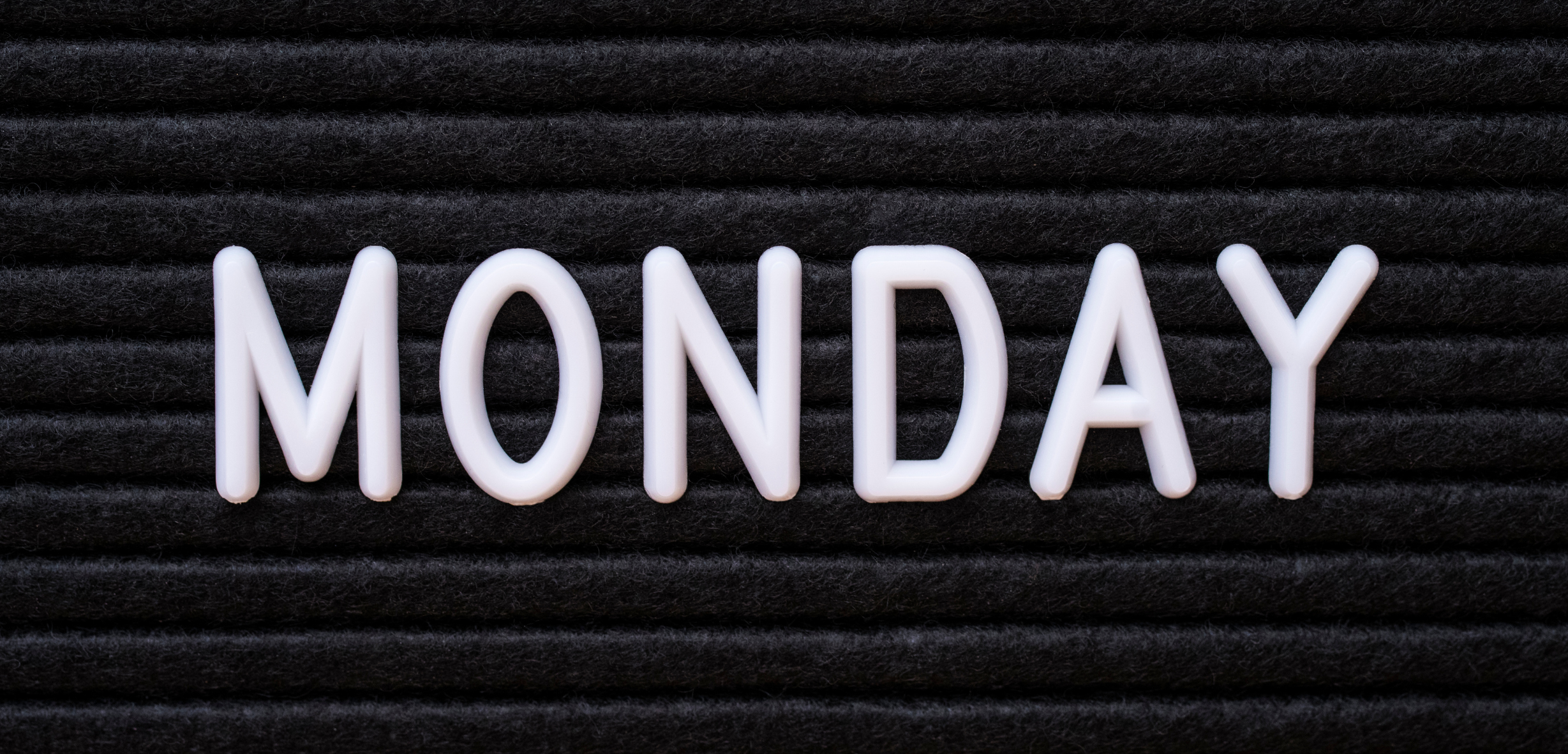
It’s just another manic Monday. Or is it?
Ever noticed that songs about Mondays are a bit of a downer? There’s a reason for that. Monday blues or blue Mondays (there’s another song there) reflect the inertia that people commonly feel about the start of the working week after the weekend.
Enter ‘Bare Minimum Mondays’. It’s the latest work-life balance and productivity term to surface on Tik Tok and is exactly as it sounds – doing the bare minimum of work on Monday, every Monday.
As this polarising trend continues to gain traction online, here’s what you need to know.
What is Bare Minimum Monday?
Lauded as a form of self-care by the Tik Tok creator who coined the phrase, it’s a productivity trend that is gaining momentum among a largely Gen Z audience. It follows in the (digital) footsteps of other Gen Z-fueled work-life balance fads, such as quiet quitting and the Great Resignation.
The concept is based on not over-achieving on Mondays, but rather to condense your to-do list as much as possible so that it only includes essential tasks. To truly live the Bare Minimum Monday values, adoptees should ensure that they’re not doing any more work than is necessary, to remove unnecessary pressure on themselves.
Advocates of Bare Minimum Monday claim it can reduce stress, avoid burnout and combat hustle culture, as well as minimise the anxiety associated with the start of a new working week. Why Monday? Because these emotions are most strongly felt on Sundays (often referred to as the ‘Sunday Scaries’).
Bare Minimum Monday in tech startups
So should tech startup founders – and particularly those with a high proportion of Gen Z workers – have any concerns around the rise of trends such as Bare Minimum Mondays?
We don’t believe so. Nonetheless, it’s certainly worth putting in place policies that avoid such apathy festering and becoming a much larger issue for productivity levels in your tech startup or scaleup.
But firstly, you need to be realistic. As a founder, you invariably want to hire people who share your passion, your entrepreneurial drive, your enthusiasm for your product or service. Working in a startup requires a degree of grittiness, a roll-up-your-sleeves attitude and the ability to don a multitude of hats (often at a moment’s notice).
But not everyone is comfortable with this approach and, arguably, as an employer you shouldn’t be expecting your workforce to continually strive to go above and beyond what is expected of them – despite this being, by default, the reality of startup life (and what attracts many people to tech startups in the first place).
Instead, you need to recognise that some people simply want to do the job they’re paid to do. Not everyone is driven by ambition, perfectionism, and enjoyment to do more than is asked of them. Maybe life in a tech startup or scaleup just isn’t right for them. And do you know what? That’s fine.
Balancing the blues in tech startups
Staff wellbeing is your responsibility, so your first step is to encourage a sensible work-life balance. Offer remote or hybrid working wherever possible, with options such as regular in-person meetings or core ‘in office’ days to provide the collaborative benefits of a shared workplace.
Flexible working policies give your employees the power to decide how best to manage their working week so that they’re most effective. Options include flexi-time, core hours, a compressed work week or (for the more progressive startup founders) no set working hours, with success judged on output rather than hours.
You could also consider policies such as No-Meetings-Monday, when only essential meetings can take place. This gives workers a degree of intended headspace to prepare for the week ahead, leading to reduced stress, greater focus and enhanced productivity. Similarly, you could encourage your team to book out ‘focus time’ on a Monday, which can be used to effectively plan out their working week.
Bare Minimum Mondays: A tech startup recruiter’s view
Ultimately, Bare Minimum Monday is a form of quiet rebellion. It’s an assertion of the concept of work to rule. But both the phrase and its message has proved polarising – and whilst some are embracing the strategy as a means of prioritising mental health and wellbeing, others are dismissing it as nothing more than a diminishing work ethic.
But for those making a conscientious effort to scrape through the start of their working week by doing the minimum tasks required, then this is a cautionary tale. Taking it ‘easy like Sunday morning’ doesn’t always translate well when extending it to your employer’s time, so take it to the extreme and Bare Minimum Monday could very well turn into Fired Friday.
If you’d like to talk more about how to manage productivity in your startup or scaleup, get in touch with our co-founder and CEO, Alan Furley at alan@isltalent.com or connect on LinkedIn.

What are you doing to combat proximity bias in your startup?


How to let your personality shine through in your CV


Corporate social responsibility for tech SME's







